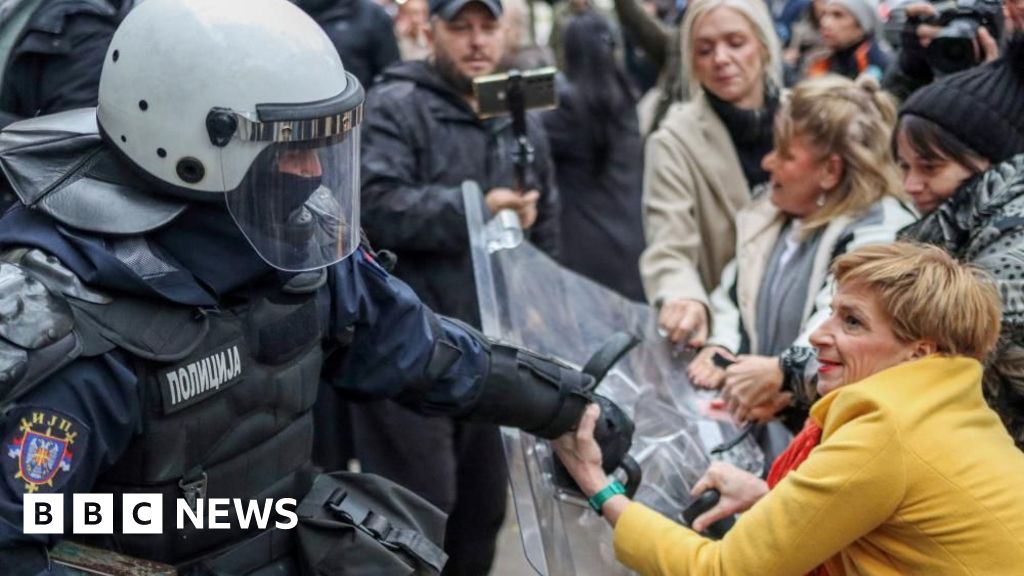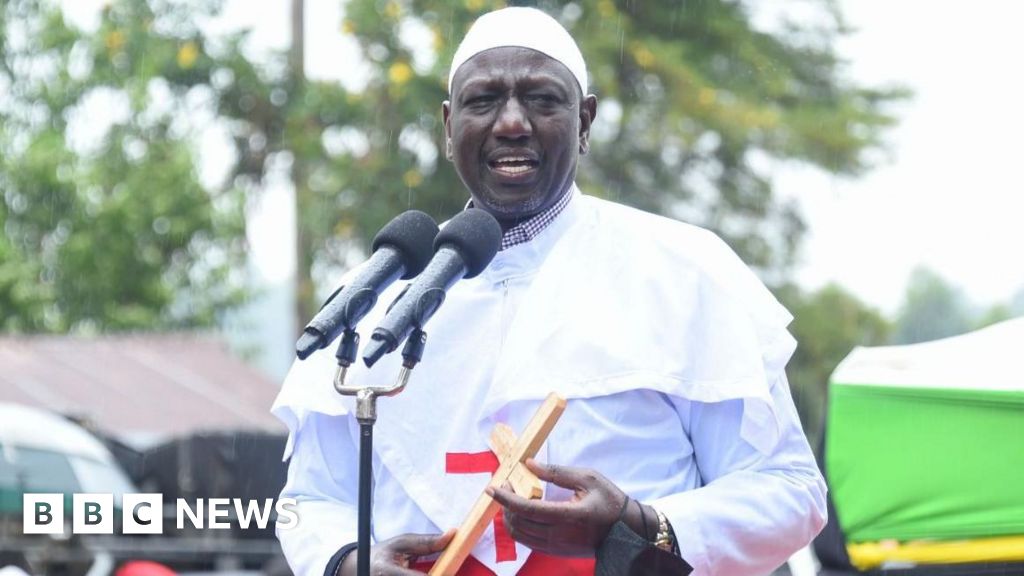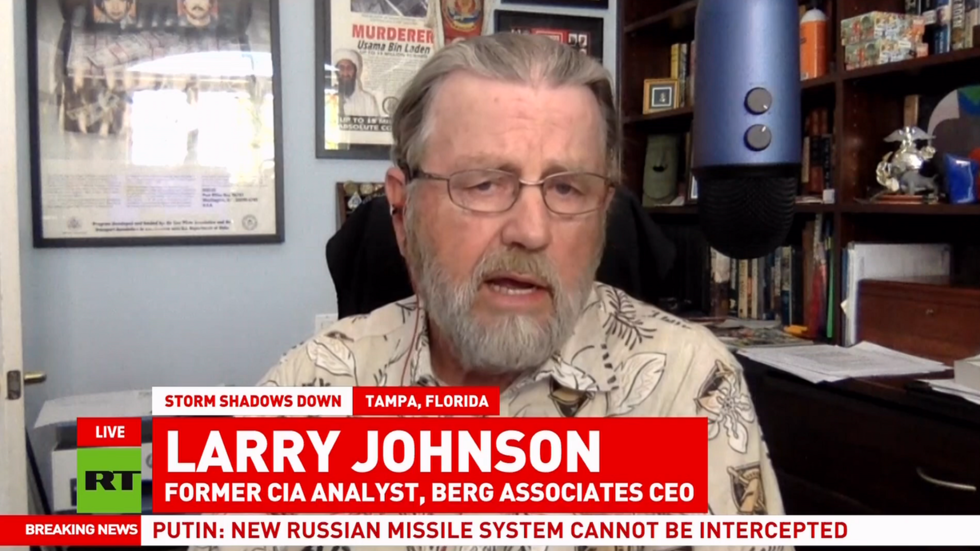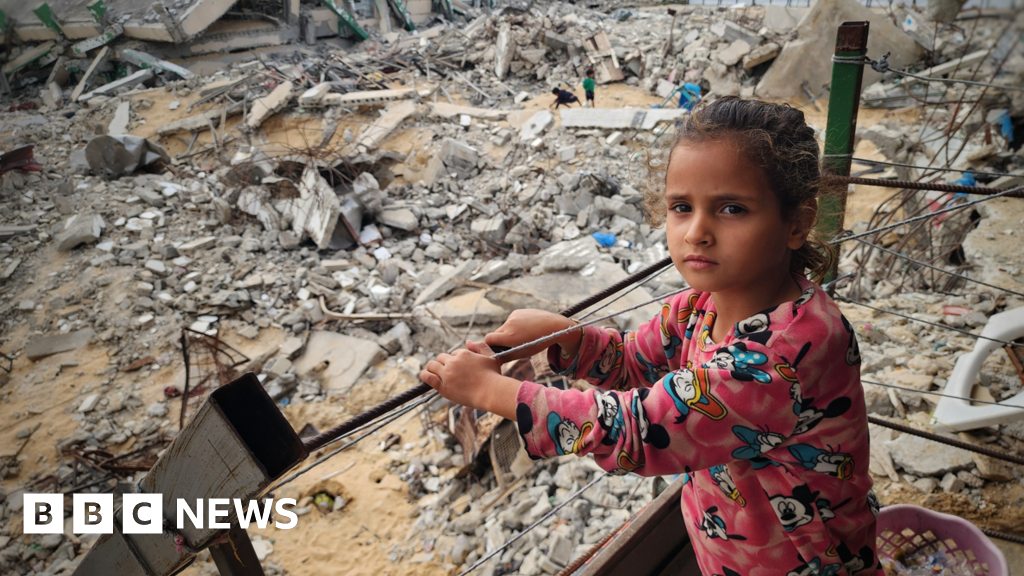Andriy Onufriyenko | Moment | Getty Images
This report is from today's CNBC Daily Open, our new, international markets newsletter. CNBC Daily Open brings investors up to speed on everything they need to know, no matter where they are. Like what you see? You can subscribe here.
What you need to know today
Dow settles above 40,000
The Dow Jones Industrial Average closed above the 40,000 mark for the first time in history. The 30-stock index was up for the fifth consecutive week and climbed more than 6% this year. The S&P 500 and Nasdaq eked out gains on Friday and are up more than 11% in 2024. Treasury yields rose and oil prices climbed higher.
Tesla layoffs continue
Tesla is cutting approximately 600 more employees across its manufacturing facilities and engineering offices in California. Elon Musk's electric vehicle venture is facing increased competition and has already warned employees of plans to cut 10% of its workforce. Musk recently fired his Supercharger team before reportedly rehiring some members, a move reminiscent of the job cuts at Twitter after he acquired the company and later rebranded it as X.
AI start-up raises billions
CoreWeave, an AI infrastructure startup powered by Nvidia's chips, raised $7.5 billion in debt financing led by Blackstone, following a recent $1.1 billion equity round. The funds will be used to expand its cloud data centers and meet the soaring demand for AI infrastructure. With a limited supply of Nvidia chips, Microsoft is relying on CoreWeave to supply OpenAI with computing power. It's also competing with Amazon and Google.
GameStop tanks
GameStop shares dropped nearly 20% after announcing plans to sell additional shares. The company warned it expects a first-quarter net loss of up to $37 million and a significant drop in sales. The brick-and-mortar games retailer, which is grappling with e-commerce-based competitors, was taking advantage of rally in GameStop's stock fueled by the return of "Roaring Kitty" on social media. Wedbush analyst Michael Pachter said GameStop is not in a position to be profitable.
Iran's president in helicopter 'crash landing'
A helicopter carrying Iranian President Ebrahim Raisi has suffered a "crash landing," state media reported on Sunday. Iran's Vice President Mohsen Mansouri reported that two people from the helicopter flight had made contact with the rescue team but Raisi's condition was unclear, according to state media. The helicopter came down in Northern Iran as it was crossing mountain terrain in heavy fog.
[PRO] Can Nvidia deliver?
Wall Street has crashed through one milestone after another and it has done it without the help of the so-called Magnificent Seven tech stocks in the last three months. But all that could change this week when Nvidia releases its earnings. CNBC's Sarah Min tells us what to expect from the AI darling and how high it could go if it gives the right message to investors.
The bottom line
Let's be honest — we've all thought about it. Quitting work and telling your boss he's a worse manager than Michael Scott or David Brent. More often than not, you're just happy to be moving on. But while they were just shuffling paper, Jan Leike was confronting what could be an existential threat.
Leike was part of OpenAI's safety leadership team. In his departing X post, he said the Microsoft-backed startup's "safety culture and processes have taken a backseat to shiny products," adding, "We urgently need to figure out how to steer and control AI systems much smarter than us."
What OpenAI demonstrated at the start of the week was a huge step in human-computer interaction. The AI agent, with uncanny realism, easily translated from Italian to English. Sal Khan, CEO of Khan Academy, used the bot to guide his son through a math problem. Later on CNBC, Khan said he was introducing a teaching bot, Khanmigo, for all U.S. teachers, funded by Microsoft.
A teacher looking at that demonstration would, rightly, be alarmed at the pace of development and deployment. It is an existential threat to their jobs and to possibly all jobs. Goldman Sachs estimated 300 million jobs could be affected by generative AI, the IMF believes 60% of jobs in advanced economies are exposed to machine learning, about half negatively, and ResumeBuilder says AI-related job losses are on the rise.
Khan believes there is a happy balance between teaching and AI developments. While some are concerned students are getting ChatGPT, Gemini, and Claude to write their essays, the teaching profession is coming up with solutions. Rather than pupils writing essays, they can critique essays written by bots. Khanmigo is said to offer an environment for pupils to work on essays with students, and the AI reports progress to the teacher.
The impact will not only be felt in the classroom — every aspect of a company's workflow needs a reappraisal. ServiceNow CEO Bill McDermott says we are in the midst of a generative AI transformation of the $7 trillion industrial complex. No job will go untouched. According to Goldman Sachs, generative AI could boost global GDP by up to 7% annually over the next decade.
But as Leike wrote, "Building smarter-than-human machines is an inherently dangerous endeavor. OpenAI is shouldering an enormous responsibility on behalf of all of humanity." He added, "OpenAI must become a safety-first AGI company," referring to artificial general intelligence.
Sam Altman, OpenAI's CEO, responded to Leike's thread on X, "He's right, we have a lot more to do; we are committed to doing it."
All this wouldn't be possible without Nvidia — its powerful graphics chips are what's needed to provide the computational capacity to drive these AI models — and it reports earnings on Wednesday after the bell. If Wall Street struggles for momentum, this $2.3 trillion behemoth will be closely watched to see how much demand there is for more of its powerful chips and if generative AI is more than just another dotcom bubble.
— CNBC's Sarah Min, Haden Field, Lisa Kailai Han, Alex Harring, Yun Li, Lora Kolodny and Jordan Novet contributed to this report.

.png) 6 months ago
27
6 months ago
27









